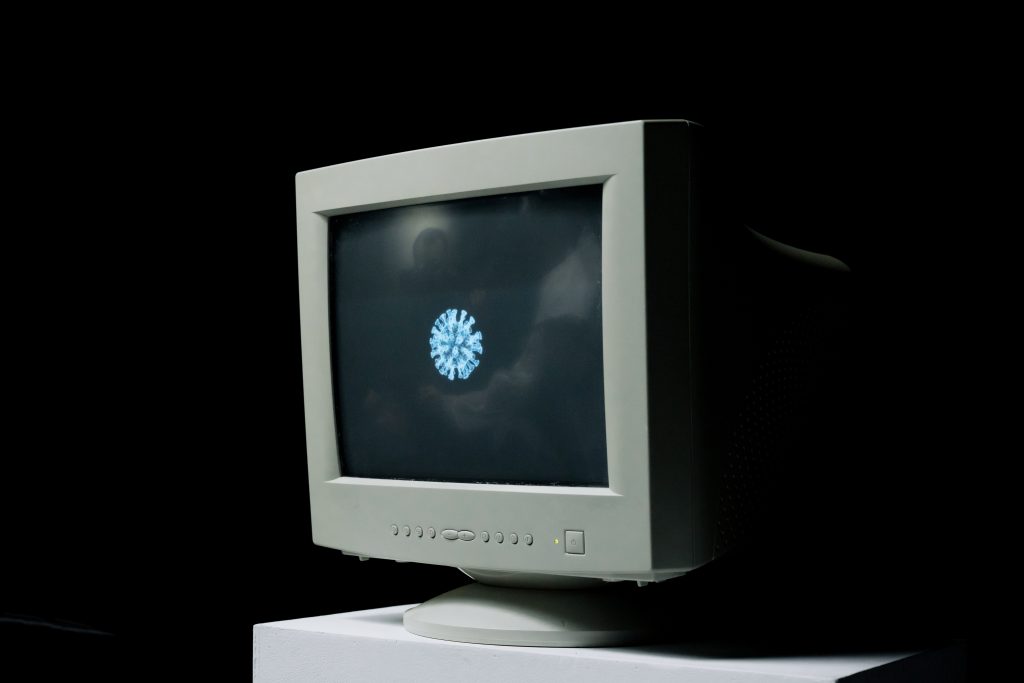LibreOffice is a lovely option for document creation, if you don’t want to drop money on Microsoft’s software. While Microsoft costs $70/yr or $150 for its basic office suites, LibreOffice is free, free, free.
But if you try LibreOffice, you should immediately adjust its default file types. Right out of the box, LibreOffice will save new files in the OpenDocument Format (ODF). And those aren’t as compatible or friendly with Microsoft Office software. If you share an ODF file with someone running Microsoft Office, they may not appreciate it.
But LibreOffice is made to be compatible with Microsoft Office. You can change LibreOffice to always save your files in the Microsoft file type. And as you create .docx, .xlsx, and .pptx files with Libre, you’ll be able to email them to Microsoft Office users with little to no fuss.
Adjusting LibreOffice’s Defaults
Open LibreOffice, click the Tools menu, then click Options.
(Mac users should click the LibreOffice menu, then click Preferences.)
On the left, click the Plus Sign next to Load/Save, then click General.
On the right, change ‘Document Type’ to Text Document.
Then set the ‘Always Save As’ field to Microsoft Word 2007-365 (*.docx).
Next, change ‘Document Type’ to Spreadsheet.
Then set the ‘Always Save As’ field to Microsoft Excel 2007-365 (*.xlsx).
Lastly, change ‘Document Type’ to Presentation.
Then set the ‘Always Save As’ field to Microsoft PowerPoint 2007-365 (*.pptx).
Click OK at the bottom.




